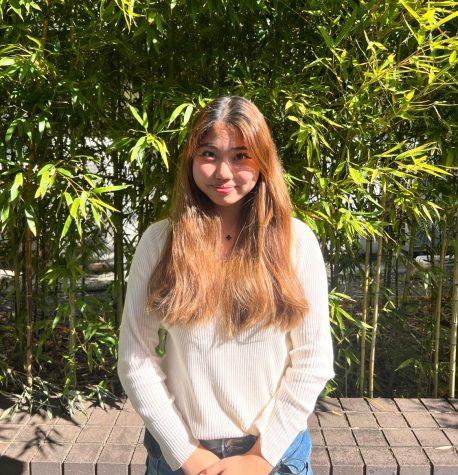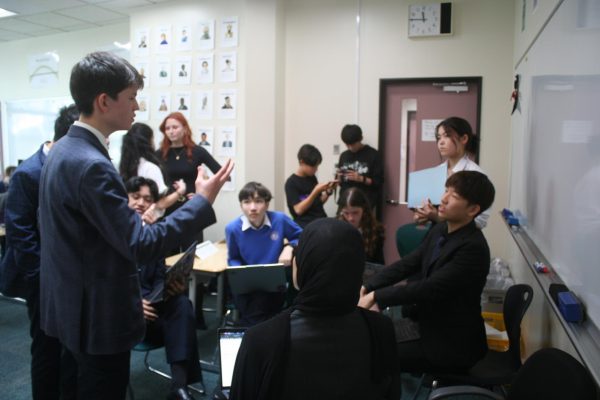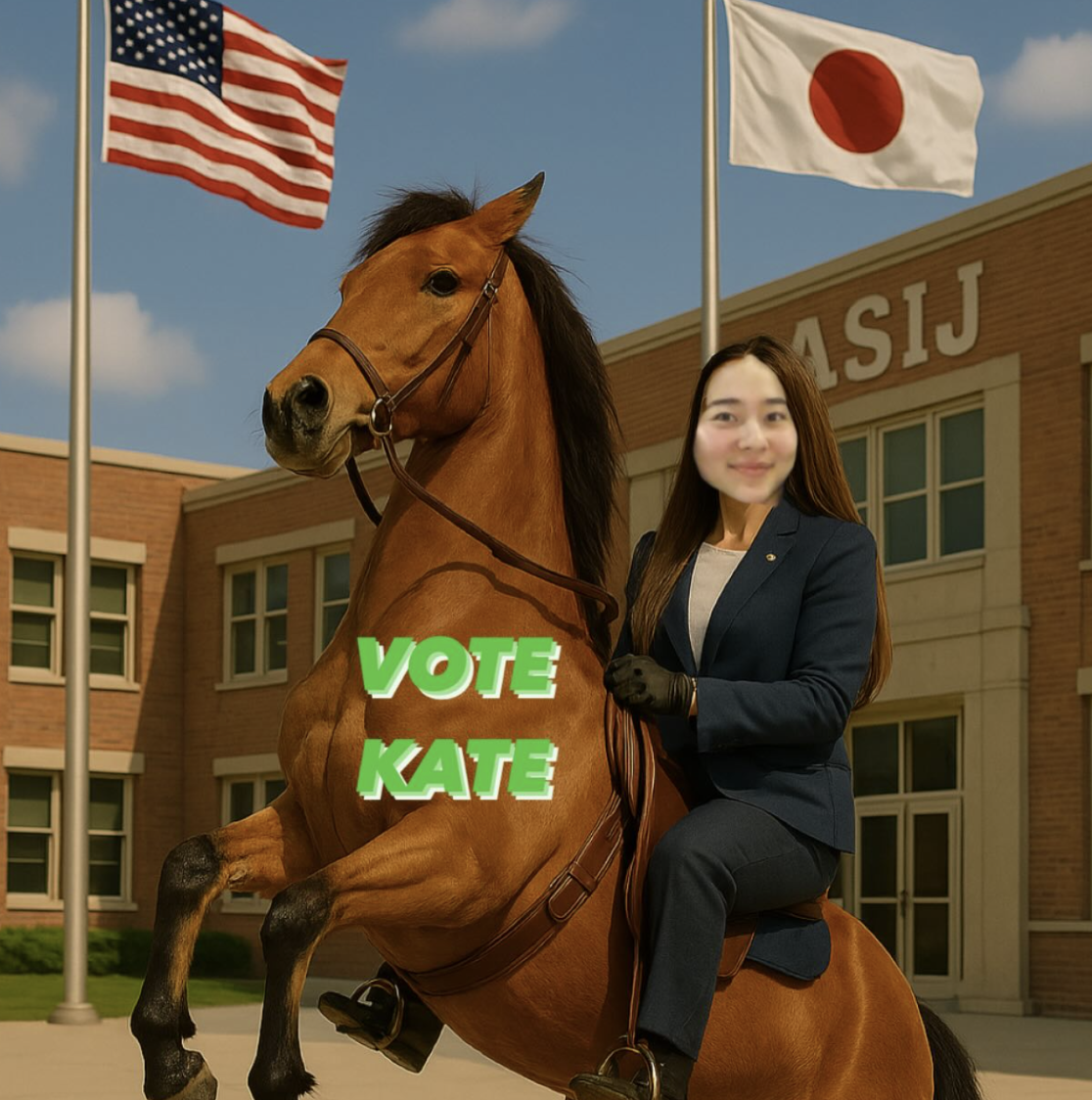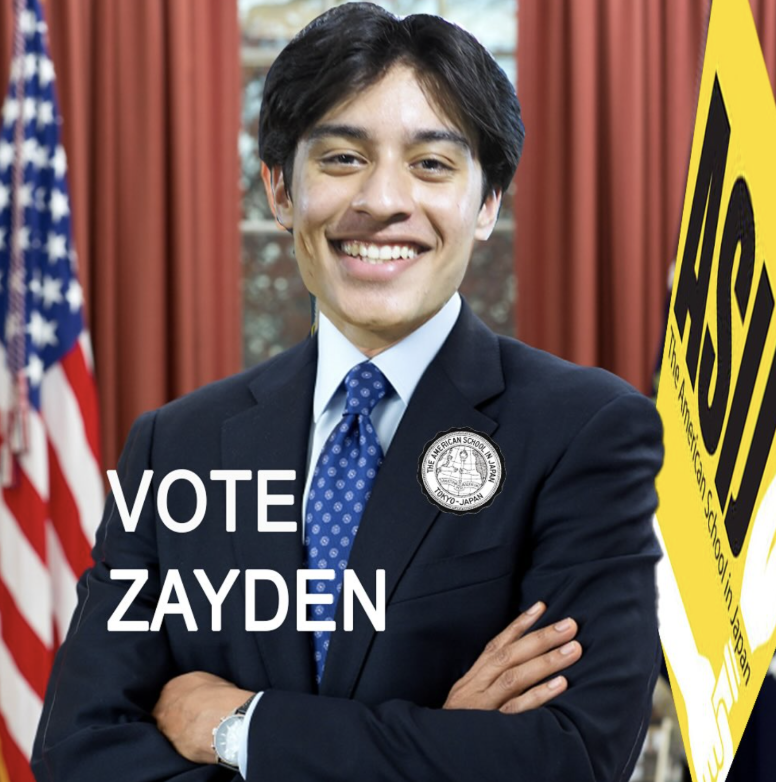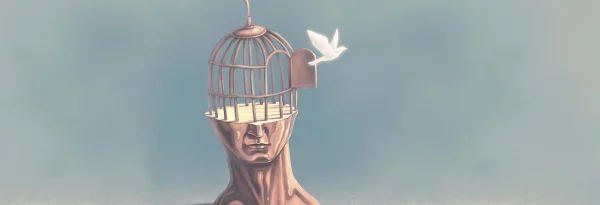Unmasking Japan’s Mask Shortage
April 24, 2020
Weeks ago, after the severity of the coronavirus was publicly acknowledged by the Japanese government, masks, alcohol wipes, and hand sanitizer have, for the most part, disappeared from shelves at most local pharmacies. In particular, the demand for masks has risen significantly with the rise in confirmed cases in Japan. With the country running low on stocks of protective items necessary during this pandemic, the government has begun to take action.
Prime Minister Abe declared that the government would send two masks to each household, beginning on April 17. This move follows the April 14 sending out 500,000 masks to pregnant women. However, according to NHK News, more than 1900 masks were “stained and contaminated with human hair or dust.” The Abe administration then asserted that such problematic masks would be replaced and that quality control problems would be solved. Furthermore, it explained that companies responsible for the productions of these masks are “required to conduct visual inspections,” as people’s health was the country’s top priority. However, citizens seem doubtful: Prime Minister Abe’s masks have been slammed in many online forums, deemed as “out of touch with reality” for the small size of the masks, and the gesture has been criticized as inadequate for households larger than two people.
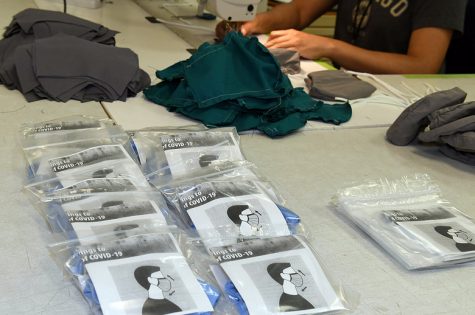
Perhaps due to the scarcity of masks in regular pharmacies and retail stores, people have been turning to street vendors to buy face masks to protect themselves from the virus. According to one street vendor interviewed by the Japan Times, masks are now being sold for “10 times the going price before the coronavirus pandemic began.” Given demand, such inflated prices are unavoidable, the street vendor said. As masks are no longer available at drugstores, people have been turning to street stalls or wholesalers, who import these masks from China or Southeast Asia. However, price is not the only concern with masks sold on the street: With their origin or producers often unknown, there is always a concern about the masks’ efficacy in protecting those that wear them.
Yet, not all hope is lost, even during these difficult times. Fukui Prefecture has been praised for its response to demand for masks. NHK News reports that they have decided to distribute two vouchers of 50 masks to households, ensuring that each citizen has a secure stock. Kazuo Araki, the Manager of the Founding and Management Division of Fukui Prefecture, stated that the handout would ensure that people would “get their masks with peace of mind,” and they would not have to wait in lines for hours to get access to just a few masks. As a result, the plan has created a sense of safety among the people of Fukui Prefecture. As a result, people in other prefectures are advocating that their governors take similar measures.
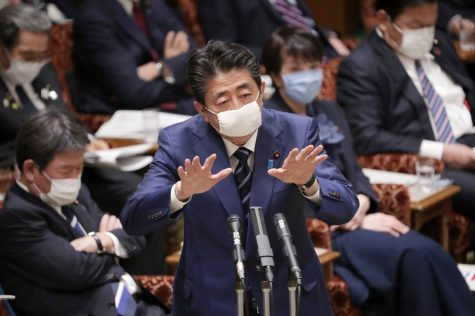
Although masks help people stay safe from the coronavirus, they do not make them invincible. Social distancing is the key to stopping the virus’ further spread. The Japanese government has been pleading with its citizens to not leave their homes unless absolutely necessary. Until a vaccine becomes available, residents must continue to stay inside.


